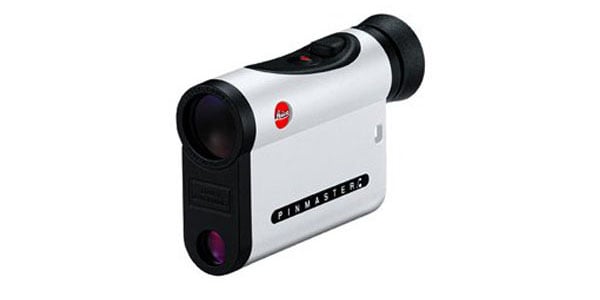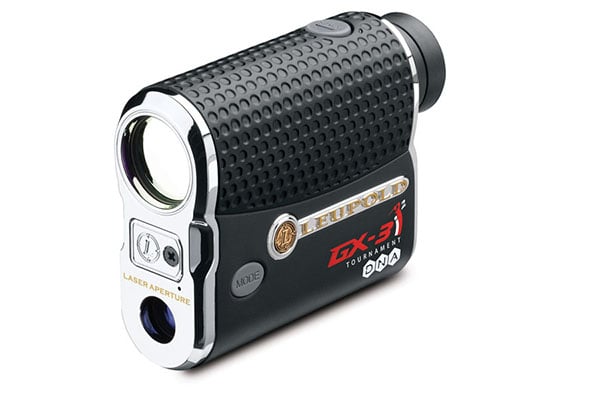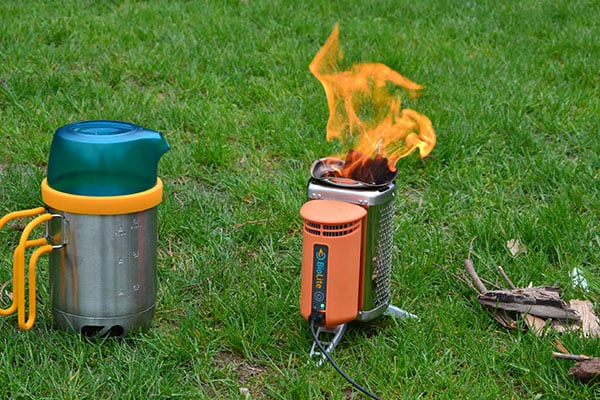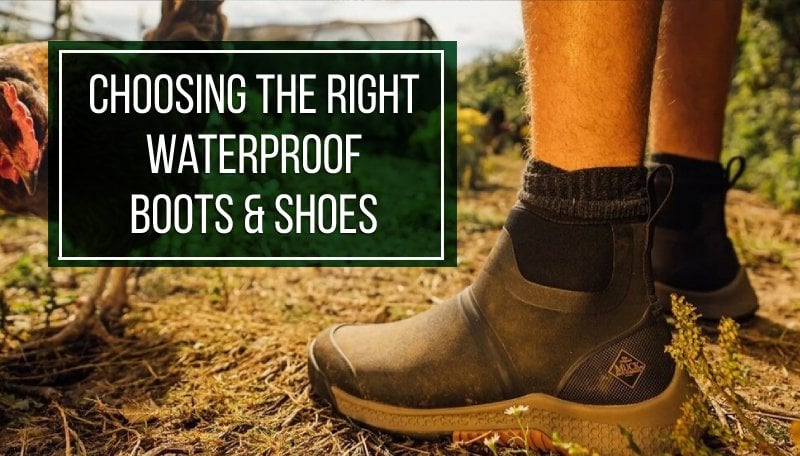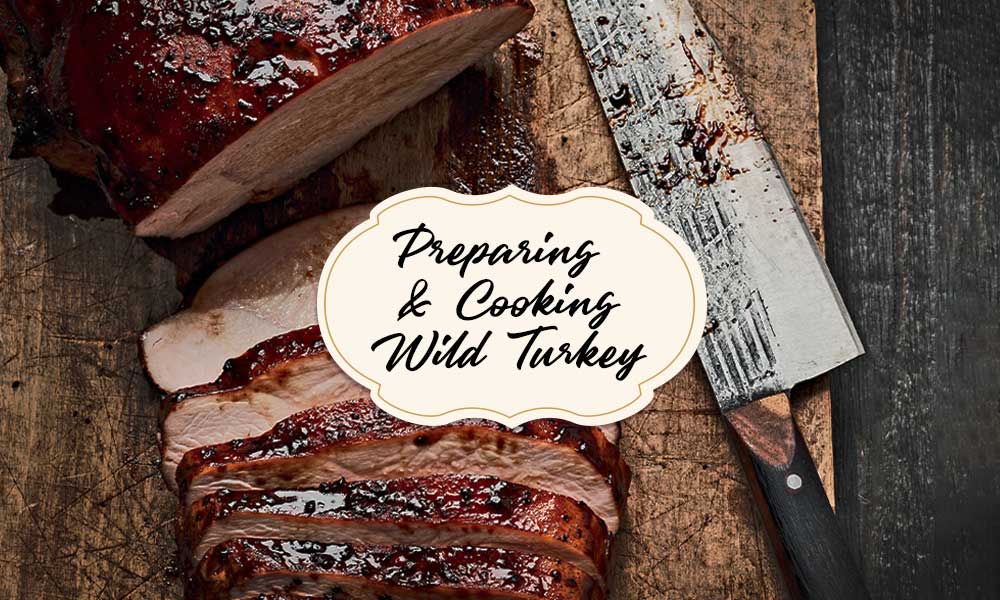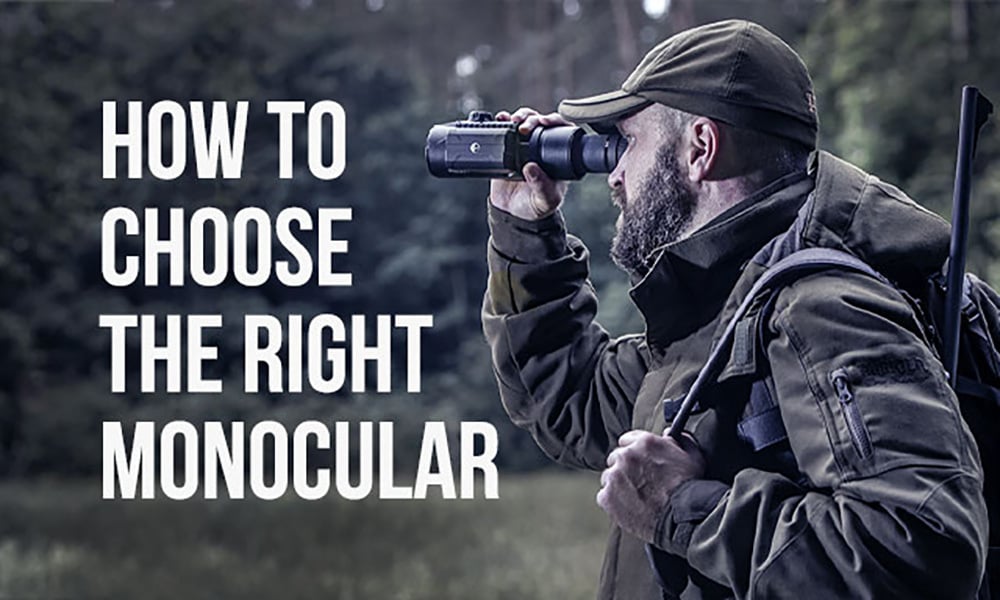Last Updated on
By David Link
Rangefinders aren’t just designed for hunters, there is a growing selection of rangefinders designed with golf applications in mind, and if you spend a good deal of time out on the course, you need to consider a place in your bag for one of these great tools. Because you don’t take shots at trophy game. Your unforgettable shots are taken at the pin on the course. These days competition has gotten stiff with your friends, and you’re looking for a distinct advantage that will take your golf game to the next level. A golf rangefinder just may be the device you need to enrich your game, but before you run out and buy one, you’ll need to do a little research. We’ll answer all your immediate questions about golf rangefinders and give you some guidance on the features you’ll need to hit the green every time.
The Basics
With each year, golf rangefinders become more and more advanced. Yet before we dive into the more advanced features, let’s cover the basics so you can get something that won’t disappoint. First of all, you’ll want to select a rangefinder with a decent maximum range. Even though this may seem overkill for golf, it still doesn’t hurt to have longer range capability. Range finders with 1000+ yard ranging capability usually have more powerful lasers, and more powerful lasers will ensure the beam will hit your target and bounce back with enough force to give you a reliable reading. More powerful lasers also mean the device will display range usually within a second or two. After all, you can’t spend all day at the tee waiting for your rangefinder to provide data.
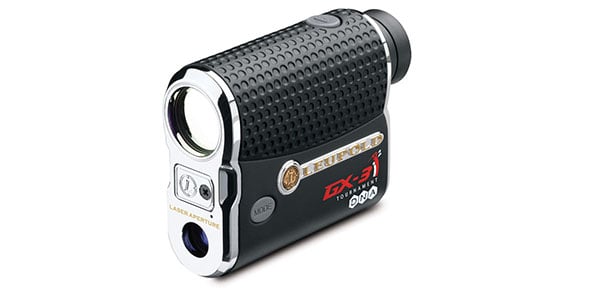
Ranging Accuracy
Decent ranging accuracy is another main feature you should absolutely get in a rangefinder. Close enough won’t keep you under par, and a pinpoint accuracy of +/- 1 yard or less will ensure your measurements are as accurate as possible. You should really pay attention to the device’s average battery life. If you plan to play 18, a two hour rechargeable battery life just won’t cut it. Naturally most models will accommodate replacement batteries, but who wants to invest in several replacement batteries in addition to an expensive rangefinder. Do yourself a favor and get a device with an extended run time.
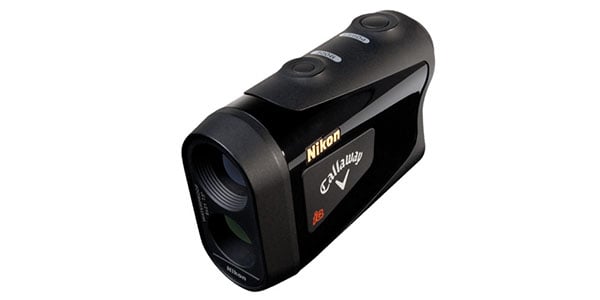
Magnification Power
Finally, you should also pay attention to the magnification setting of the rangefinder you select. You should liken selecting range finder magnification to selecting a good binocular magnification. Generally speaking you should avoid very low and very high magnification settings. A 4x or 6x magnification is usually the best option, and settings of that power still allow for a wide field of view so you can survey all the important features of the course. Older or less experienced rangefinder users will also benefit from reduced shaking as higher magnification devices can be difficult to keep steady.
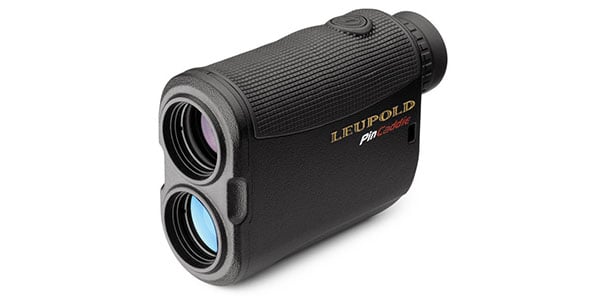
Extra Features That Make A Difference
Aside from the basics, there are some excellent bonus features that can really add value to a golf rangefinder. Certain models can register the pin position and track it as you play each hole. This feature is great for keeping the end destination in mind, and it can also be calibrated for other targets aside from just the pin. Many more advanced range finders will also sport scan modes that actively range as you look through the device. This is a great way to get a quick view of your surroundings and ID the distance of potential hazards. Finally, certain older golf rangefinders also require prisms for laser reflection on the pin. You should make sure prisms aren’t required as present technology has really surpassed the need for prisms on pins, and in response less golf courses are using them now.
